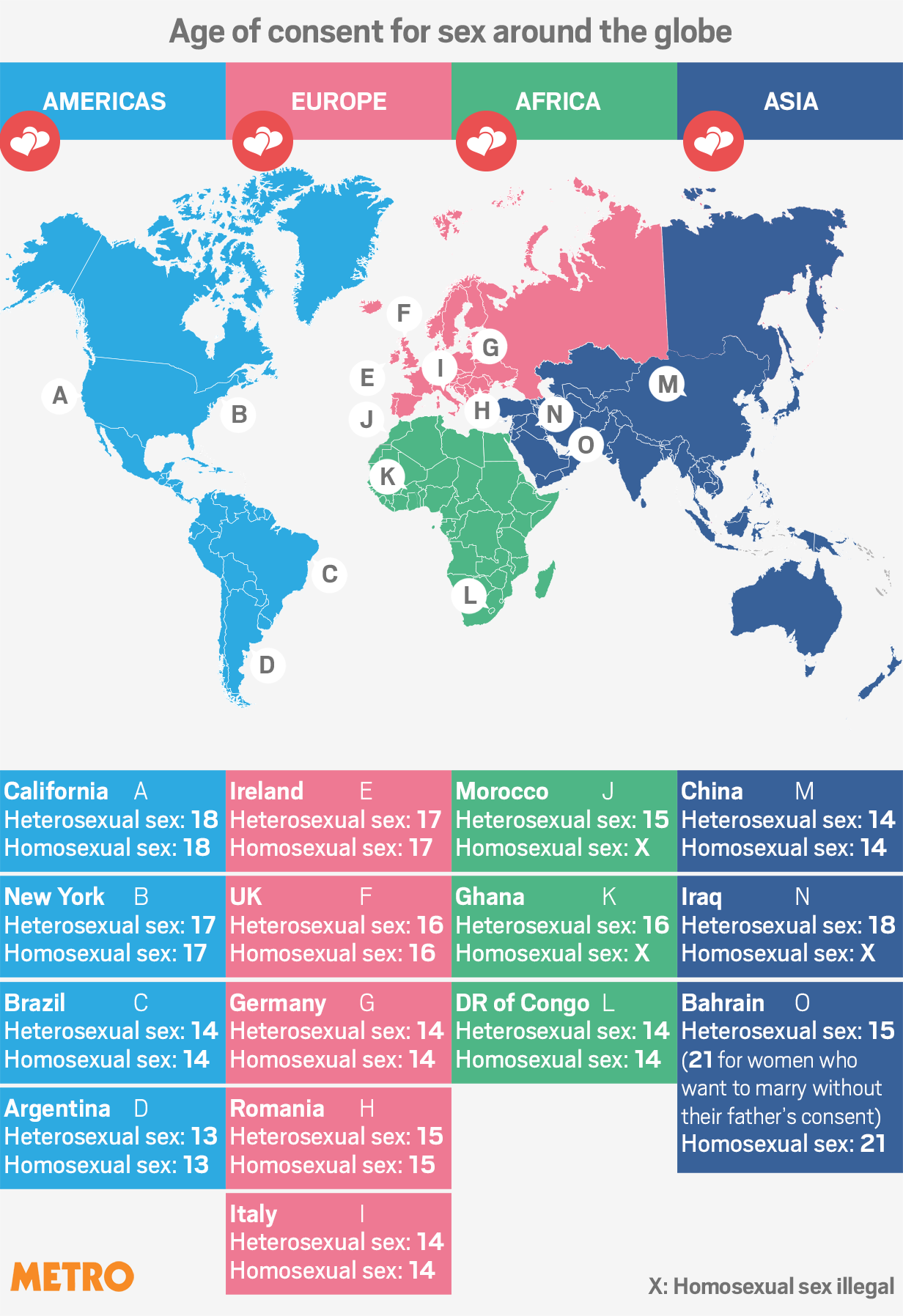The age of consent is a crucial legal benchmark that varies from state to state in the United States. In California, understanding the age of consent is vital for both residents and visitors. This article provides a comprehensive, a guide on the age of consent in California, answering key questions and offering in-depth insights into the legal, social, and personal implications.
Key Takeaways
The age of consent in California is 18 years old. This means that individuals under the age of 18 are not legally able to consent to sexual activity. Violating this law can result in severe legal consequences, including charges of statutory rape. Here are the main points to remember:
- The age of consent in California is 18.
- Engaging in sexual activity with someone under 18 can lead to statutory rape charges.
- There are no close-in-age exemptions (often known as “Romeo and Juliet” laws) in California.
- Penalties for violating age of consent laws can include imprisonment and mandatory sex offender registration.
Involving Parties?
The age of consent laws in California involve several key parties, including minors, adults, law enforcement, and the judicial system. Here’s a closer look:
Minors
In California, a minor is anyone under the age of 18. Minors are legally protected from sexual exploitation and abuse, and the age of consent law is designed to safeguard their well-being.
Adults
Adults, defined as individuals 18 years and older, are legally responsible for ensuring that any sexual activity they engage in is with consenting adults. Ignorance of a partner’s age is not a defense under California law.
Law Enforcement
California law enforcement agencies are tasked with investigating and prosecuting violations of age of consent laws. This includes gathering evidence, interviewing witnesses, and working with prosecutors to bring charges against offenders.
The Judicial System
California’s judicial system plays a critical role in adjudicating cases involving age of consent violations. Judges and juries evaluate evidence, determine guilt, and impose sentences on those found guilty of statutory rape or related offenses.
Events Timeline
The age of consent laws in California have evolved over time. Here are some key milestones:
- 1872: The original age of consent in California was set at 10 years old, reflecting societal norms of the time.
- 1897: The age of consent was raised to 14 years old in response to growing concerns about child protection.
- 1913: The age of consent was further increased to 16 years old.
- 1970: The current age of consent of 18 years old was established, aligning with broader legal definitions of adulthood.
These changes reflect shifting societal attitudes towards youth protection and the recognition of the importance of safeguarding minors from sexual exploitation.
How Does This Impact Them?
The age of consent laws in California have significant implications for individuals’ personal and professional lives. Here are some key considerations:
Personal Lives
For minors, these laws provide essential protection against sexual exploitation and abuse. For adults, understanding and adhering to these laws is crucial to avoid severe legal consequences. Violations can lead to imprisonment, mandatory registration as a sex offender, and long-term social stigma.
Professional Lives
Professionals working with minors, such as teachers, coaches, and healthcare providers, must be particularly vigilant about these laws. Any inappropriate relationships with minors can result in the loss of professional licenses, reputational damage, and legal penalties.
Press Reaction
The Press Reaction to age of consent laws in California have been varied and significant. Here are some notable examples:
High-Profile Cases
Several high-profile cases have brought attention to California’s age of consent laws. These cases often involve celebrities or public figures and receive extensive media coverage, highlighting the importance of these laws in protecting minors.

Advocacy and Awareness Campaigns
Numerous advocacy groups work to raise awareness about the importance of age of consent laws. These organizations often engage in public education campaigns, lobbying efforts, and support services for victims of sexual exploitation.
Media Coverage
The media plays a crucial role in informing the public about age of consent laws and related issues. News stories, documentaries, and opinion pieces help shape public understanding and attitudes towards these laws.
Upcoming Plans
Looking ahead, several developments could impact the age of consent laws in California. Here are some potential future prospects:
Legal Reforms
There is ongoing debate about potential legal reforms to California’s age of consent laws. Some advocates argue for the introduction of close-in-age exemptions, which would reduce penalties for consensual relationships between minors and young adults. Others call for stricter penalties to further protect minors from exploitation.
Technological Advances
Advances in technology, particularly in social media and online communication, pose new challenges for enforcing age of consent laws. Lawmakers and law enforcement agencies must adapt to these changes to effectively protect minors in the digital age.
Educational Initiatives
Increased educational initiatives aimed at both minors and adults can help prevent violations of age of consent laws. Comprehensive sex education programs that include information about consent and legal age requirements are essential in promoting safe and respectful relationships.
Understanding the age of consent in California is crucial for protecting minors and avoiding legal consequences. The current age of consent is 18, and violations can result in severe penalties. By staying informed about these laws and their implications, individuals can make responsible decisions and contribute to a safer society.
As societal attitudes and technologies evolve, ongoing efforts to review and potentially reform these laws will play a vital role in ensuring they continue to serve their protective purpose. Through education, advocacy, and legal vigilance, we can uphold the well-being and rights of all individuals in California.
